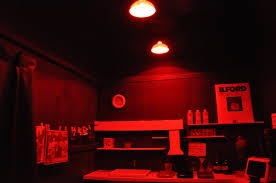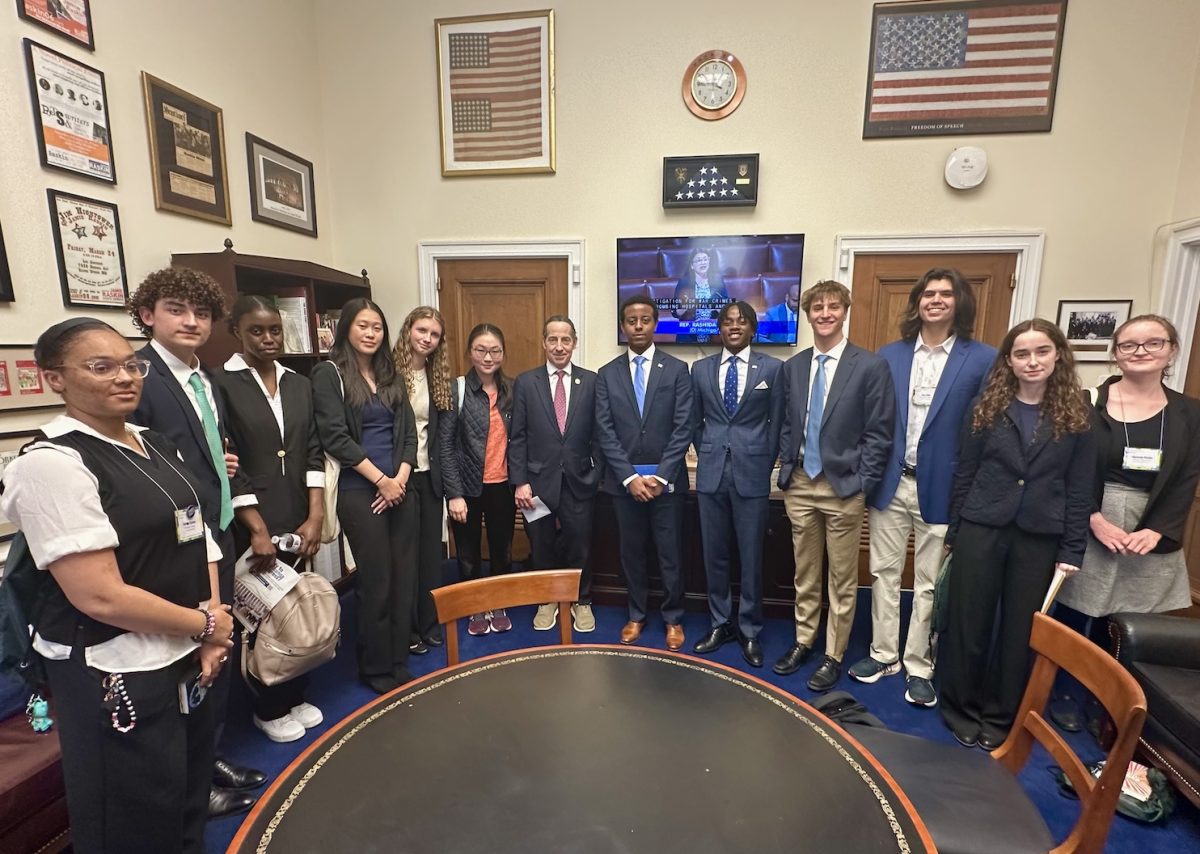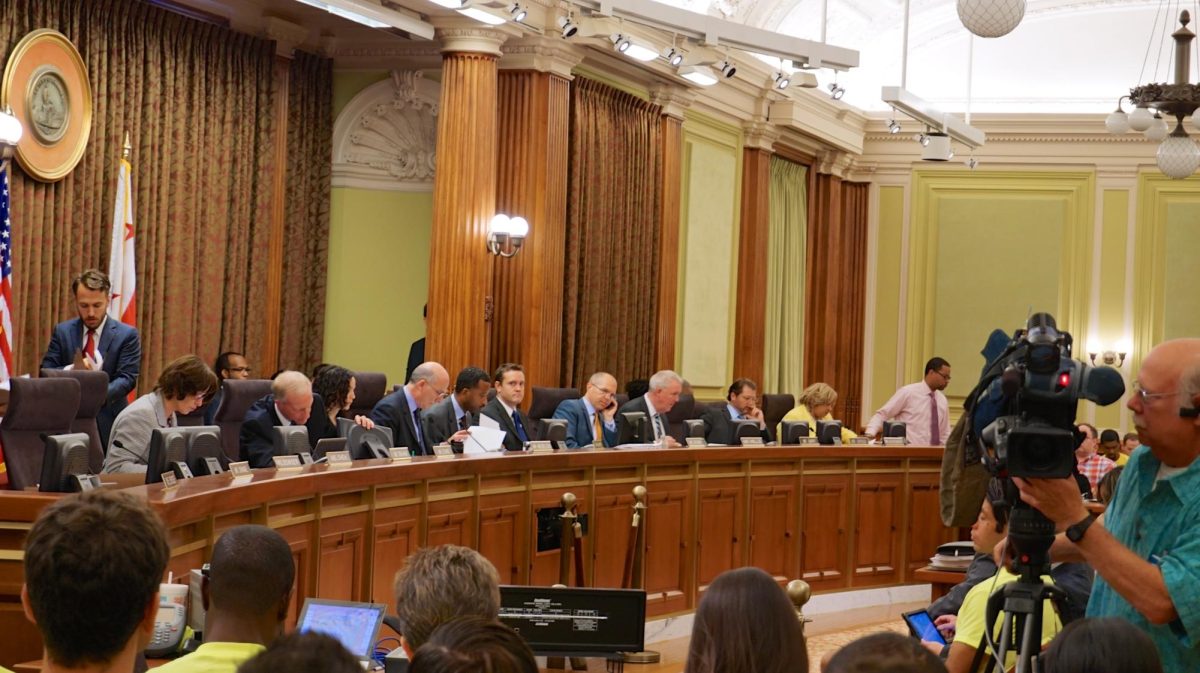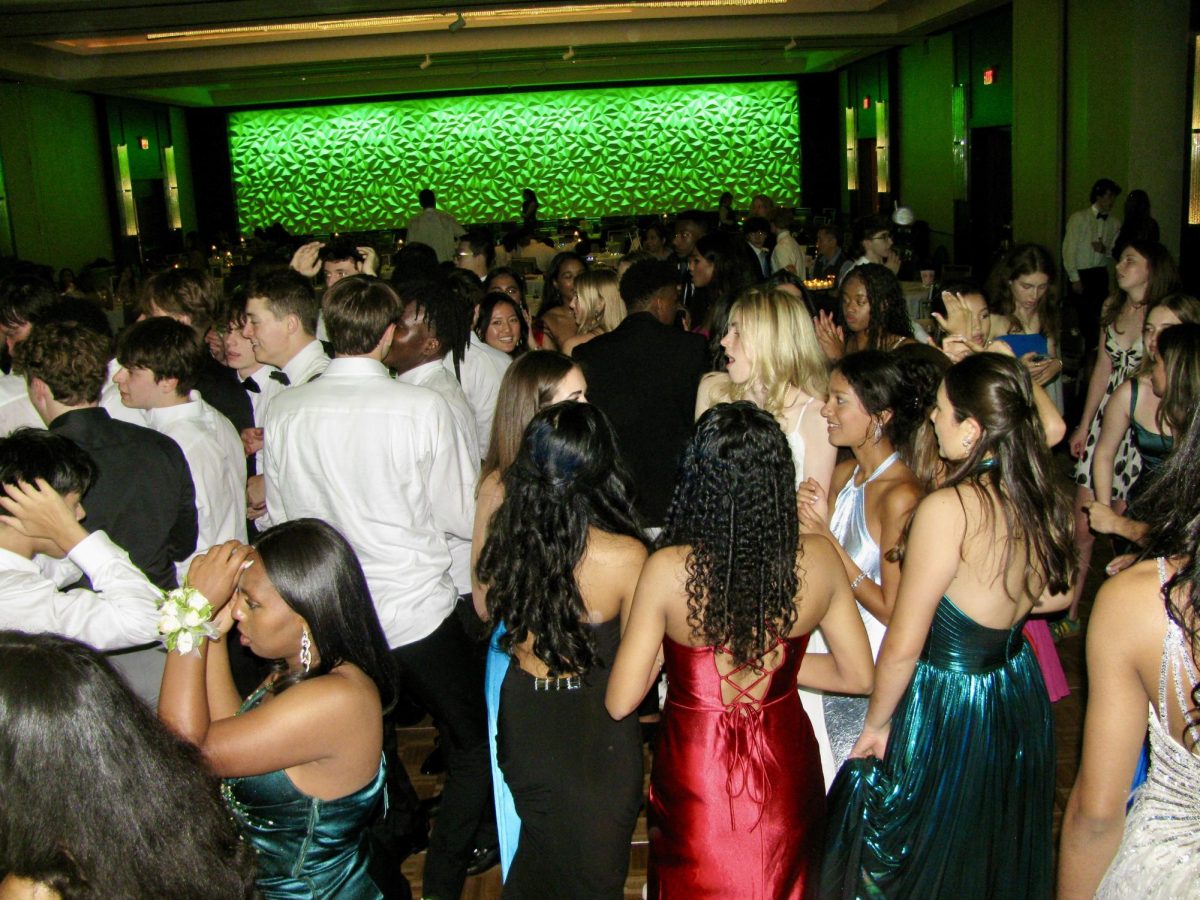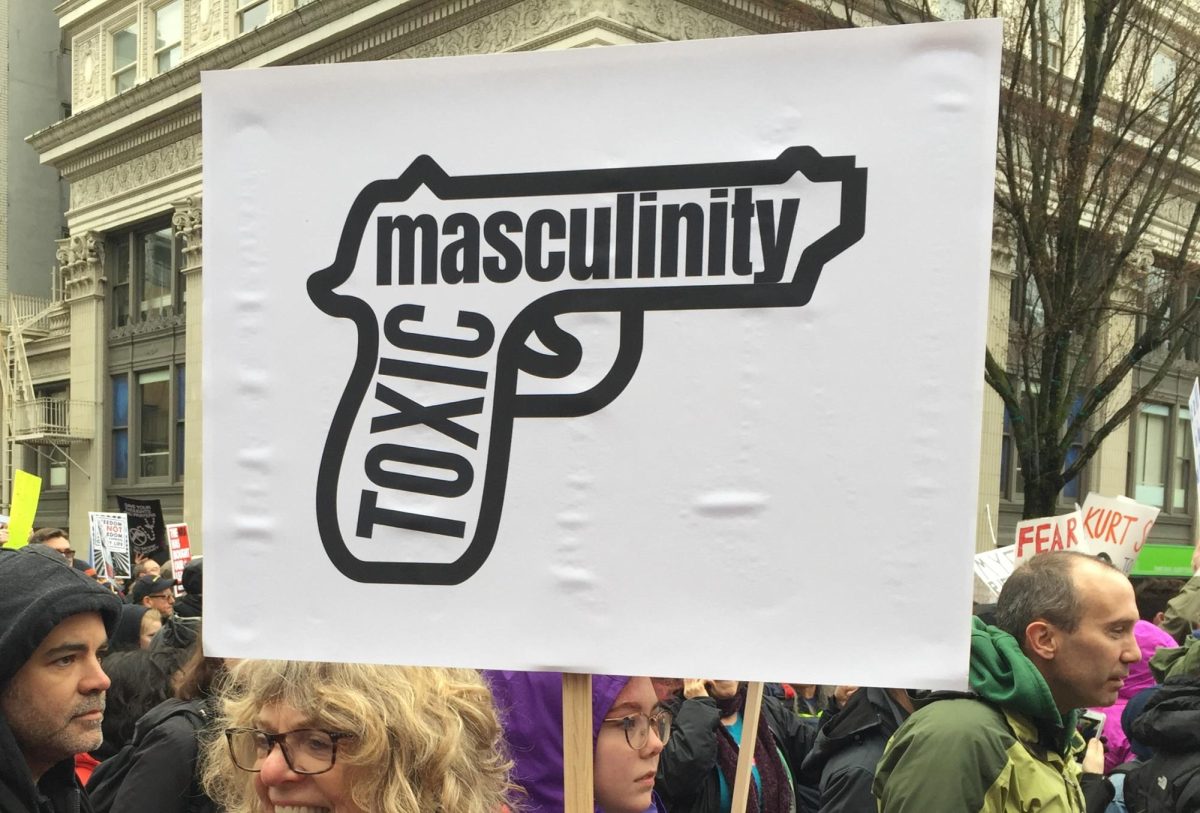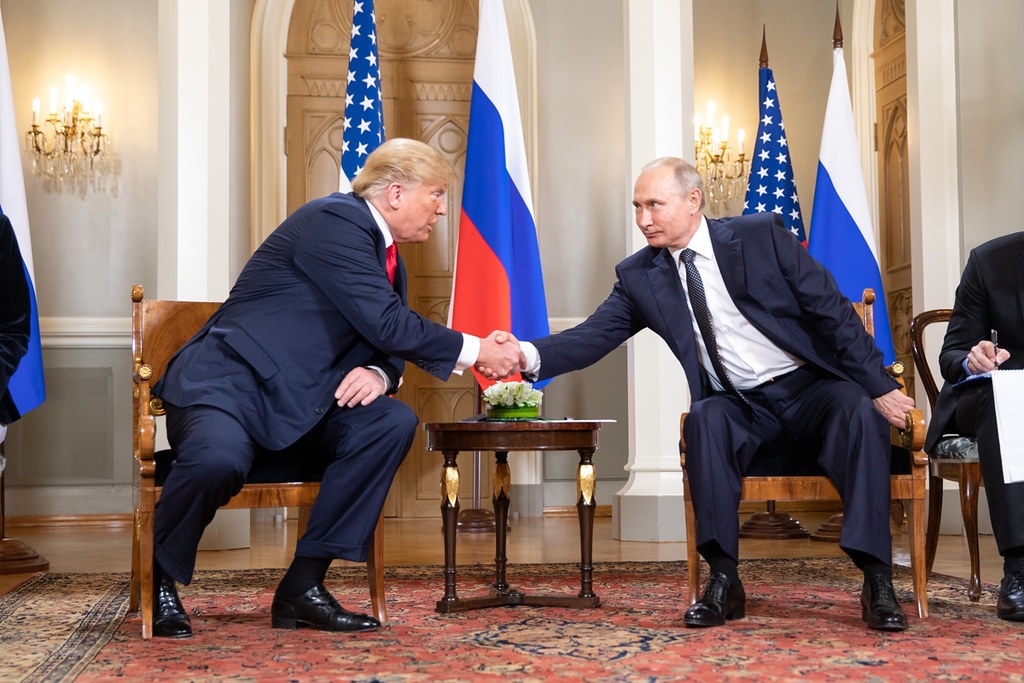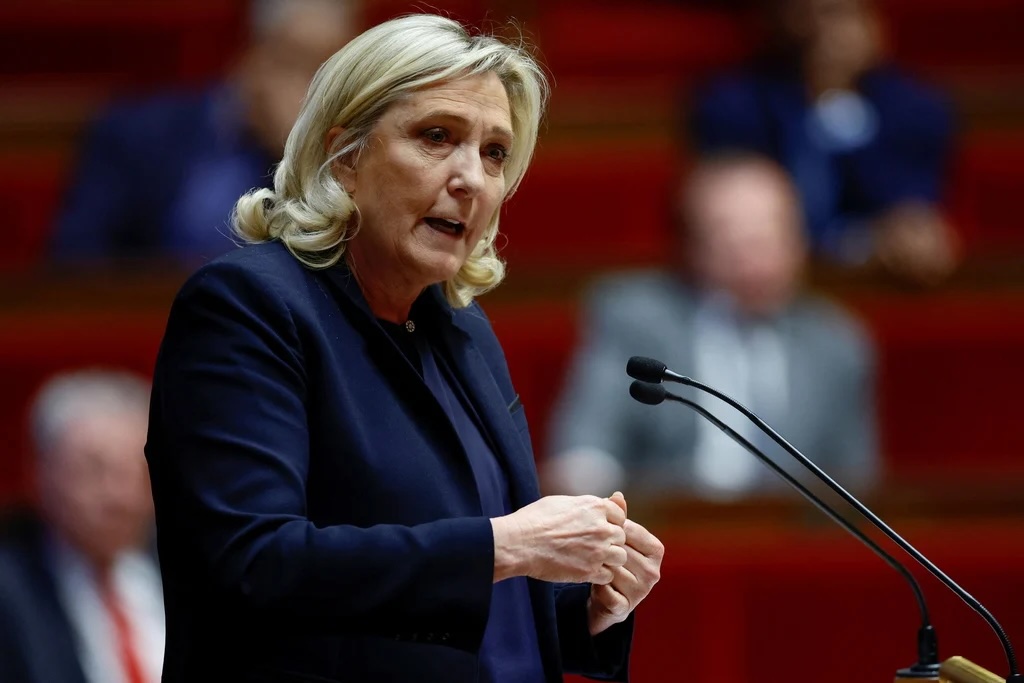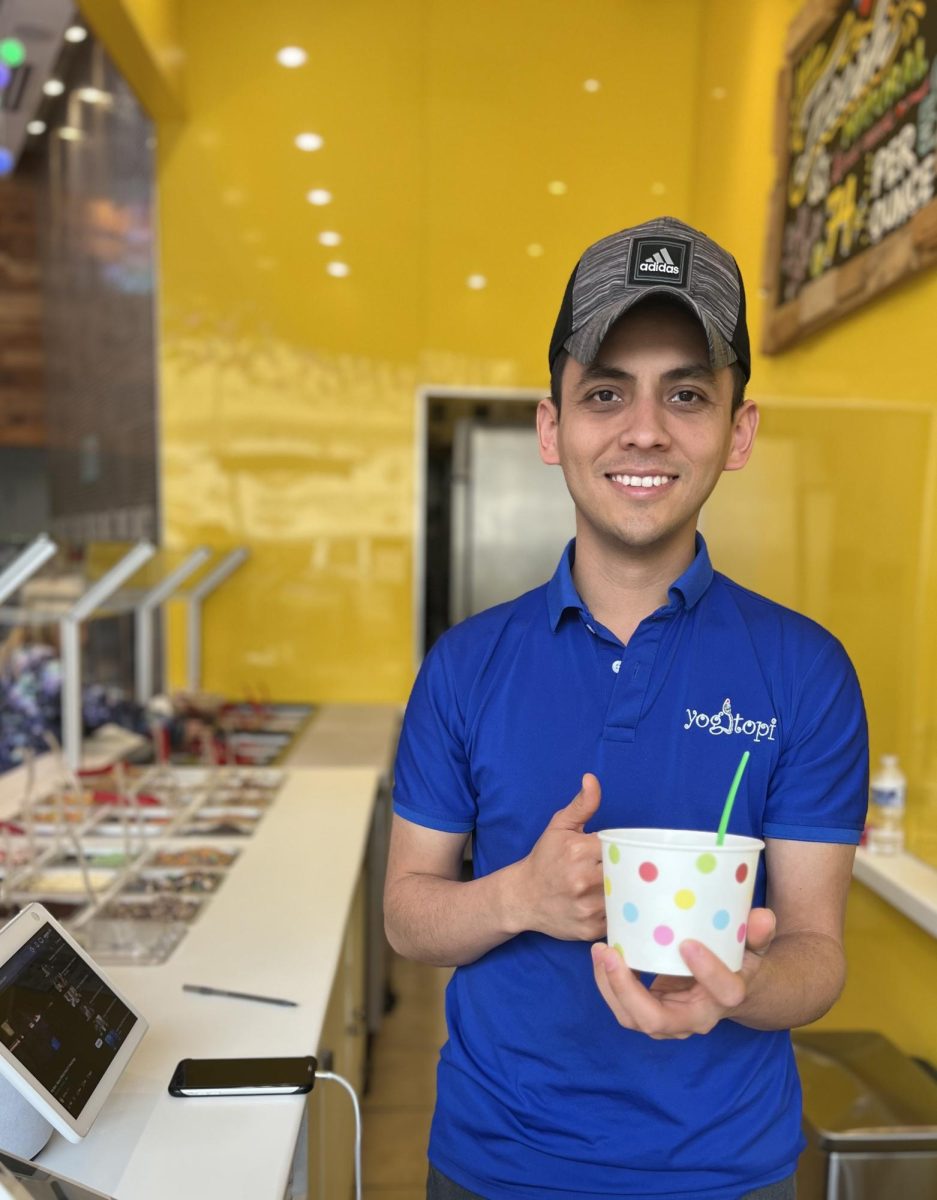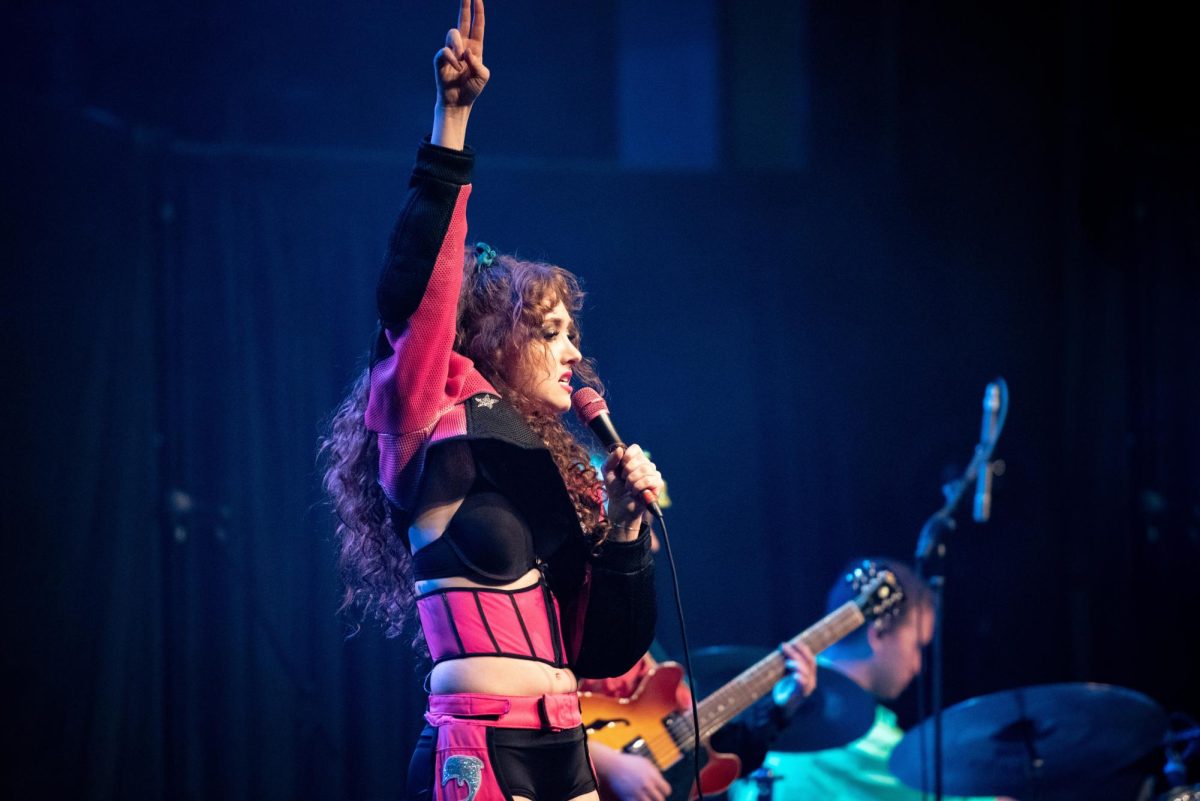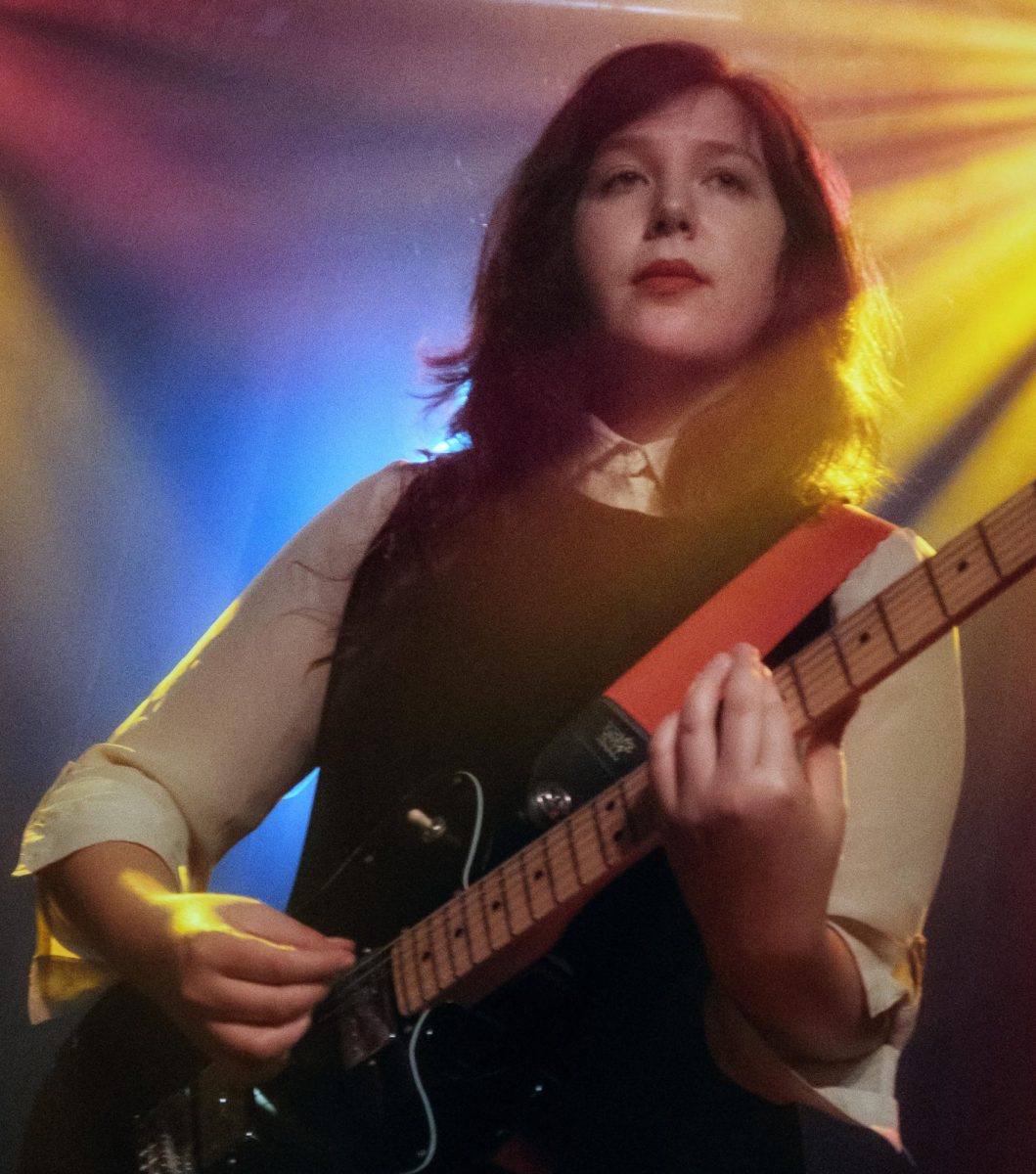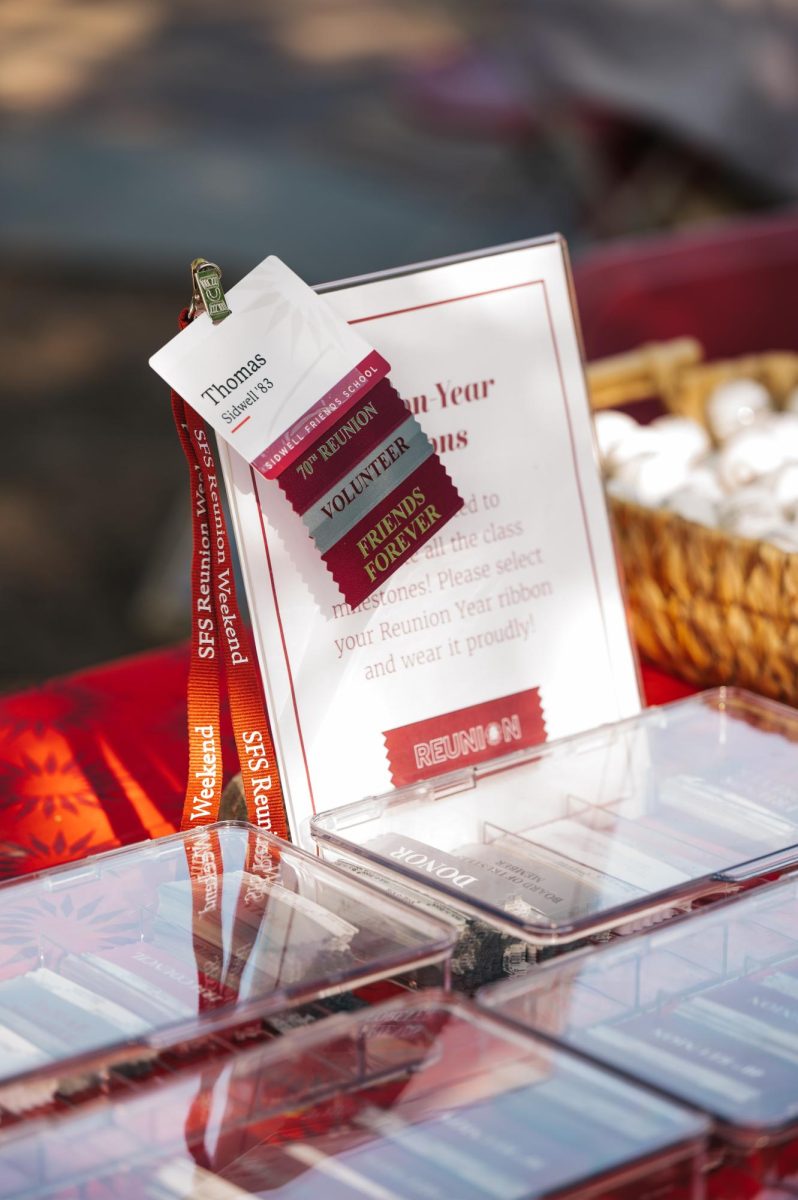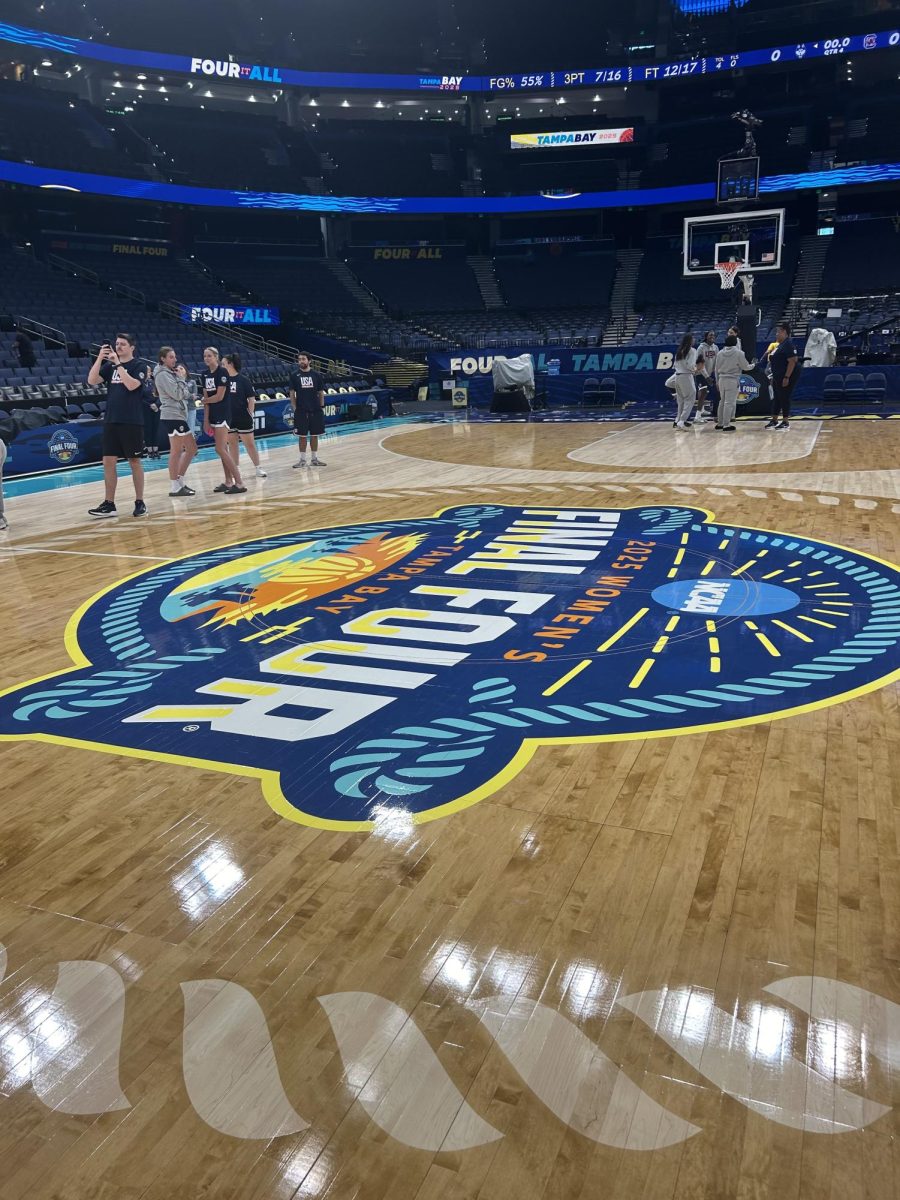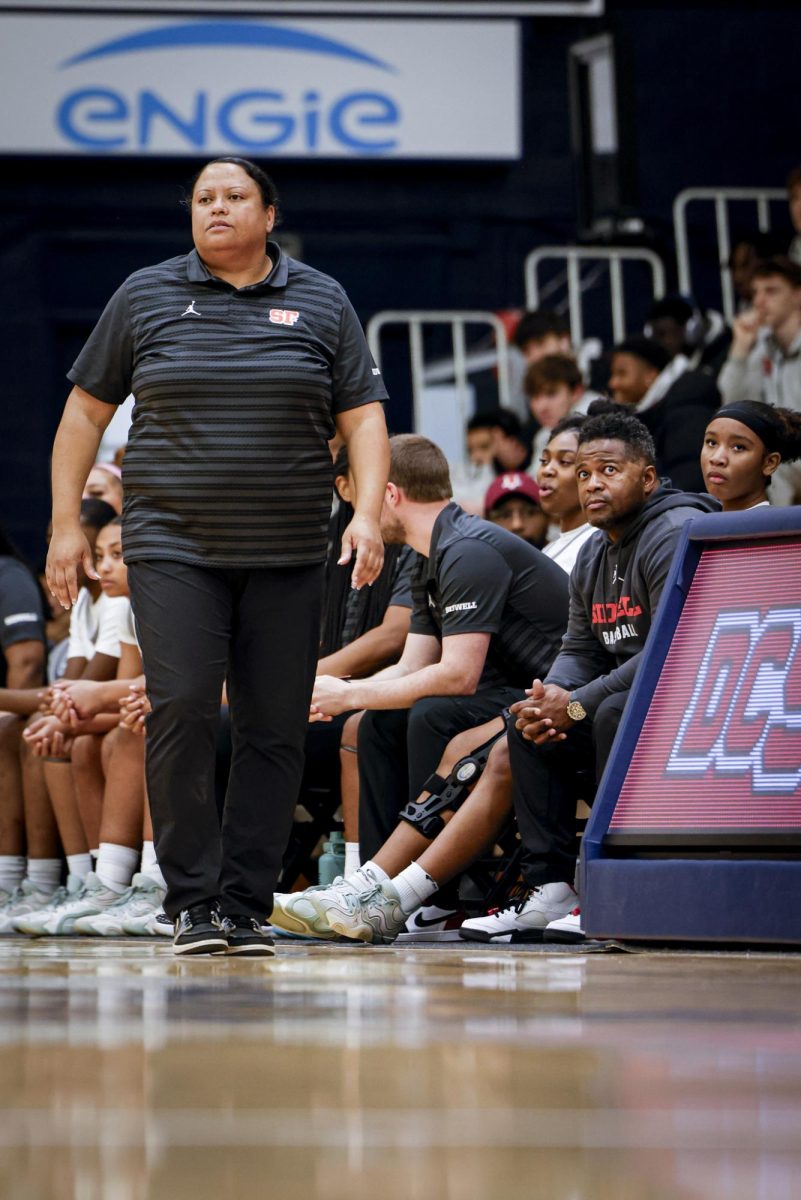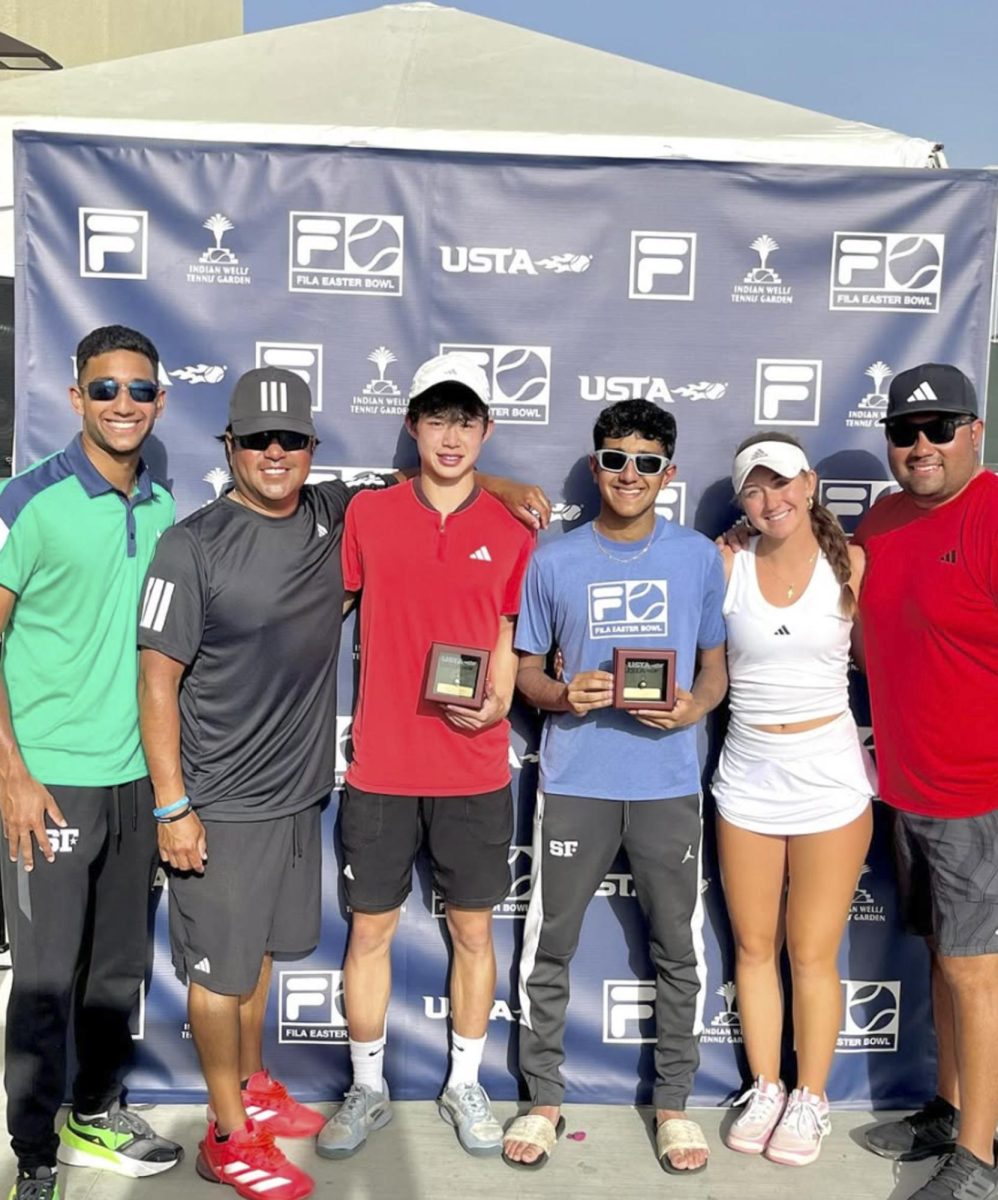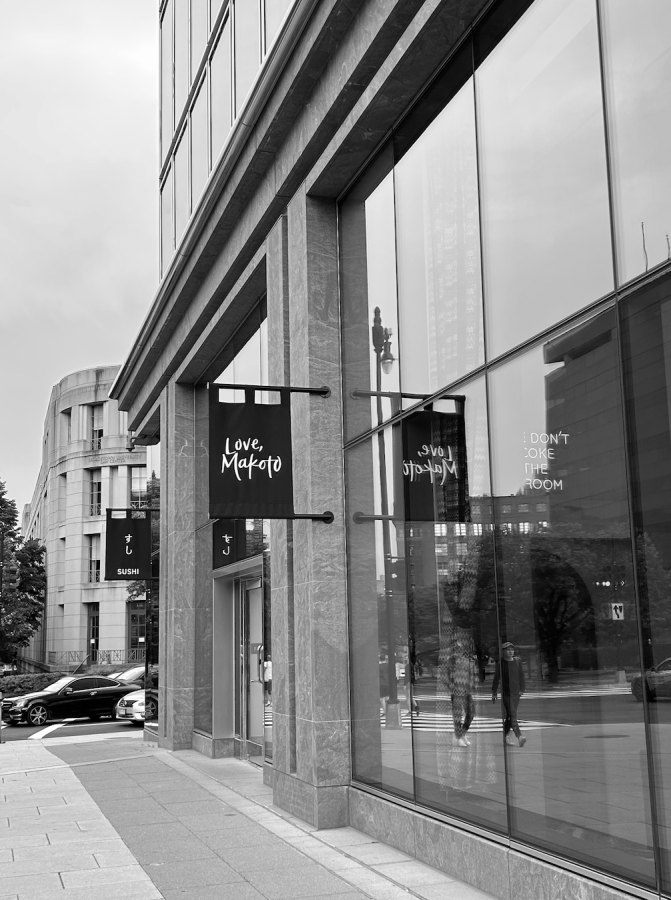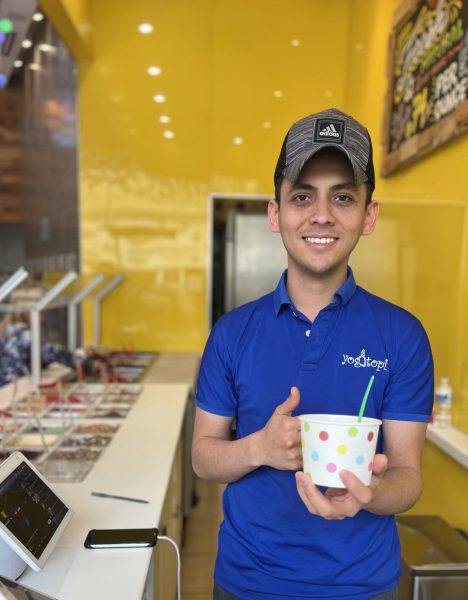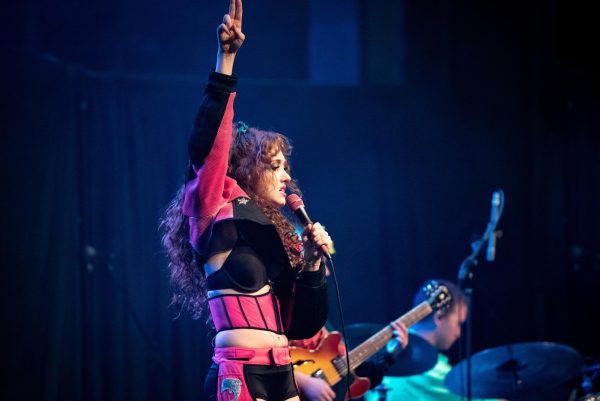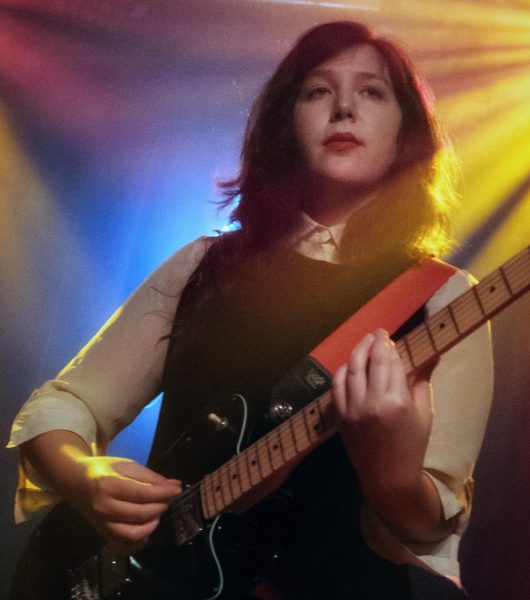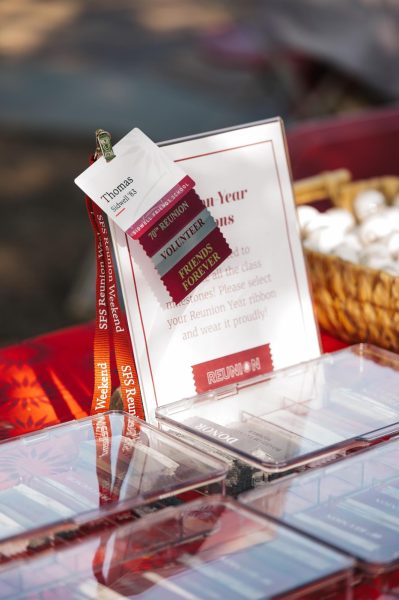New Japanese Food Hall Opens in Washington
On May 2, Chef Makoto Okuwa opened phase one of Love, Makoto, a sprawling, 20,000-square-foot Japanese food hall located in the Capitol Crossing complex near Chinatown.
Phase one of the culinary complex features three fine-dining, full-service restaurants, including Dear Sushi, Beloved BBQ and Hiya Izakaya. This summer, phase two of Okuwa’s restaurant is expected to open, featuring a more fast-casual, depachika-inspired experience offering comfort foods from udon to boba tea and bakery goods.
In alignment with its name, Okuwa’s food hall is a love letter to Japanese cuisine. From the ceramic, heart-shaped soy sauce dishes to the menu’s presentation as a literal love letter — written in a classic typewriter font and sealed with scarlet wax — Love, Makoto’s design pays homage to Okuwa’s home and appreciation for Japanese cuisine.
“I’m so excited to return to Washington, D.C. to show this city where I have been since we parted, and how those journeys have informed my perspective as a chef,” Okuwa said in a statement.
After a decade of sushi apprenticeship and training in his hometown of Nagoya, Japan, Okuwa moved to Washington, claiming his first job at Michelin-star restaurant Sushi Taro in Dupont Circle. Okuwa collaborated over several years with L’Ardente Restaurant Owners Eric Eden and David Deshaies in order to bring the Love, Makoto Japanese culinary complex to Washington.
Entering the venue, customers first encounter Dear Sushi, a minimalistically designed restaurant where light, raw woods, Prussian blue fabrics and flecked stone floors converge to create an intimate, warm atmosphere.
According to Okuwa, the Dear Sushi menu “honors tradition (old school) and showcases what I’ve learned along the way (new school).” Appropriately, the Dear Sushi menu features both old and new forms of preparation for each type of sushi or nigiri they offer.
The Dear Sushi dining experience pays homage to the traditional omakase style, which translates to “I leave it up to you.” In Dear Sushi, dinner selections are usually curated by the chefs themselves, depending on availability and personal recommendations.
“Dear Sushi,” Okuwa wrote on the Dear Sushi menu, “I fell for you at 15 as a young apprentice in Japan. I moved to DC to be with you in 2010 and then studied for decades so that one day I could win your heart. Later, we made beautiful memories together in Miami, Mexico, South America and Los Angeles. Now, I’m ready to take our relationship to the next level.”
To enter Beloved BBQ, the yakiniku, or Japanese barbeque, restaurant, customers walk down a vermillion hallway modeled after the Fushimi Inari Shrine’s 1000-torii-gate pathway. Customers can order six cuts of either Japanese or American beef to cook themselves at their table’s smokeless grill.
Creating Beloved BBQ was Okuwa’s way of honoring and sharing his memories of eating and bonding with others, writing that Beloved BBQ is, “How I treasure the memories of family and friends huddled around the grill, sampling delicious Wagyu beef.”
Finally, Love, Makoto’s Hiya Izakaya bar pays tribute to “Tokyo nights filled with good friends, potent drinks and savory skewers,” noting that his “best memories always start or end with” the Japanese bars which Hiya Izakaya is modeled after.
“With so many ways to experience Love, Makoto, we hope our diners return again and again — always finding something new to love,” Okuwa said.

JL Chretien is currently a Culture Editor for Horizon, a position he held in the 2024-2025 and 2025-2026 school years. Prior to this, he worked as a Staff...






